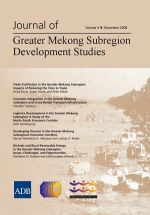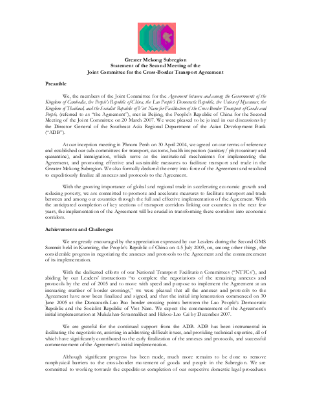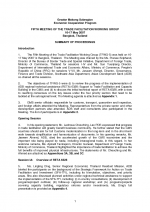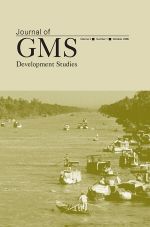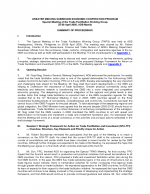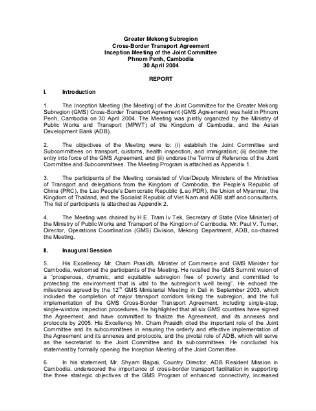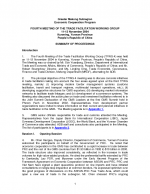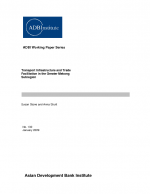
Transport Infrastructure and Trade Facilitation in the Greater Mekong Subregion
As trade is an important driver of growth and infrastructure is a necessity for trade, infrastructure development has a key role to play in economic development. This study aims to quantify the potential benefits of the development of the economic transport corridors, along with the implementation of the Cross-Border Transport Agreement (CBTA) in the Greater Mekong Subregion (GMS). Some of the key linkages between upgraded infrastructure, economic growth, and sectoral responses are explored using a computable general equilibrium (CGE) framework.

